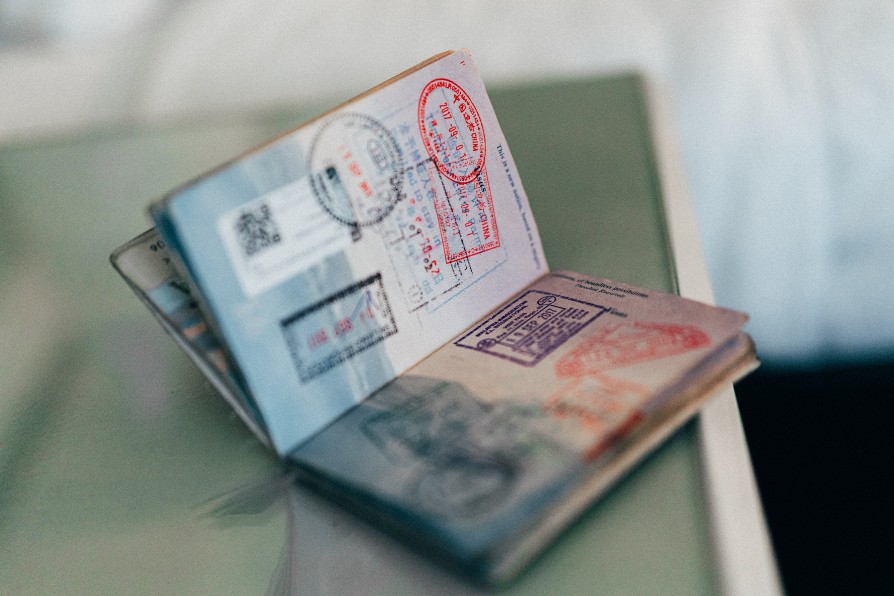Last update: September 15th, 2021.
The EU Digital COVID Certificate (EUDCC) is active in almost all Member States as of July 1st. The EUDCC is also available in other European countries such as Iceland, Switzerland and Norway.
However, third-country nationals residing in the EU are unsure of their eligibility for the certificates.
Most certificates are run by national health authorities. In countries like Sweden, citizens log in with their national ID numbers. However, many foreign nationals do not possess such a number.
Furthermore, countries like the UAE and Australia have their own COVID passes that are not yet recognized by the EU. International travelers are itching to know if they can visit the EU soon.
Can non-EU citizens apply for the EU Digital COVID Certificate?
Non-EU citizens vaccinated in the EU are eligible for the EU Digital COVID Certificate, issued by the country they reside in.
Vaccines administered in non-EU countries are accepted for the EUDCC, but certain conditions apply. Travelers should always consult their destination country’s government website for current travel restrictions.
The legislation surrounding the issuing of the certificates differs from country to country. Citizens who do not have identity documents from their country of residence could receive their certificate directly from the vaccination center or healthcare provider.
The EUDCC regulation states that “third-country nationals who are legally staying or residing in the Schengen area” should not have “controls at internal borders […] as a matter of Schengen acquis”.
Can non-EU residents apply for the EU Digital COVID Certificate?
The EU is currently discussing the matter of issuing the EU Digital COVID Certificate to non-EU tourists. There are two options: tourists can request an EUDCC from a Member State, or use their local COVID certificate.
An EU Commission spokesperson said: “Right now if you’re an American, not living in the EU, you could get the certificate if you ask the national authorities of a Member State to give you that certificate, based on some proof that you’ve been vaccinated, or had a recent COVID test.”
It is also probable that foreign visitors will be able to convert local passes to the EU format. The EU has established certain guidelines for the format of COVID certificates and how they need to be issued. Third countries will be expected to comply with these guidelines.
The EUDCC regulation states that the Commission may consider third-country certificates “as equivalent to certificates issued by Member States” so long as they hold “standards and technological systems” that are compatible with the EU system. This is to guarantee “the holders’ exercise of their right to free movement within the Union.”
Can non-EU citizens travel to Europe?
The EU Digital COVID Certificate is not mandatory to enter Europe. It is just a way of facilitating travel, making it easier for travelers to confirm their vaccination, recovery or testing status.
Third-country vaccine passports, like the NHS COVID Pass, can be accepted in the EU “preferably under condition of reciprocity”, said EU Commissioner for Justice Didier Reyners in an interview with Lesfrancais.press.
Some standardized COVID passes are being issued internationally, like the IATA Travel Pass, which can be a method of verification for those traveling for leisure.
In the interview, Reyners expressed hope that the EU can work with IATA and the WHO to develop a global vaccine passport in the future.
Many countries have been whitelisted for travel to the EU, but this is different in each Member State. Negative PCR test results are mandatory in most countries and Poland has reinstated quarantine for travelers coming from outside the EU.
Every two weeks the EU will review the list of countries that can travel to the EU with minimal restrictions.
Countries whitelisted for travel in the EU include:
- Australia
- Bosnia and Hercegovina
- Canada
- Jordan
- New Zealand
- Qatar
- Republic of Moldova
- Saudi Arabia
- Singapore
- South Korea
- Ukraine
- Uruguay
- China, subject to confirmation of reciprocity
The EU is also lifting travel restrictions for Hong Kong, Macao, Kosovo and Taiwan.
